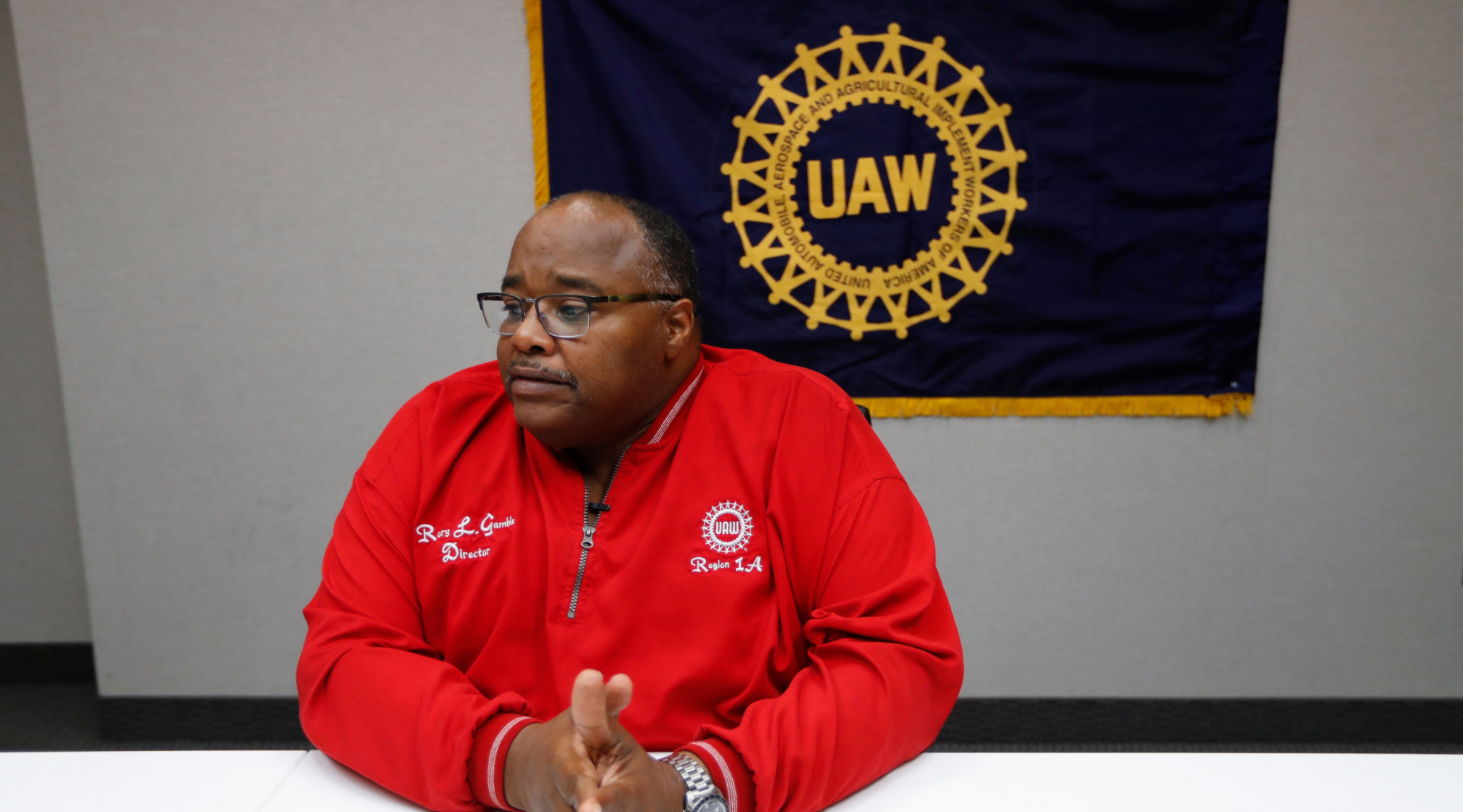The UAW Finally Cut Its Big Deal With The Feds
The UAW is finally beginning to emerge from a corruption scandal that has dogged it for years, with 15 people convicted in a federal investigation, including former presidents Dennis Williams and Gary Jones. The question looming over all of it was whether there would be a federal takeover of the union itself. That's not in the cards for now, but it was announced today that a few other things are.
Those things include an independent monitor for six years, in addition to a possible change to how the UAW elects its leaders, as the UAW does not currently directly elect its president. Instead, delegates elect the UAW's president at a convention; now there will be a vote by members to decide how it will elect top officers going forward. The UAW also agreed to pay $1.5 million, according to Automotive News.
Via the Detroit Free Press, here's what Matthew Schneider, the U.S. Attorney overseeing the case, said about it in August. These quotes would sound completely off the wall if they were about any other organization.
Emphasis mine.
"We can set a goal to get (the reforms) resolved by the end of this year ... by the end of 2020 we have the union in a good place with good leadership," Schneider said then. "I don't want to run the union. My goal is to get the UAW in a position that it runs itself and that the leadership of the UAW is not corrupt."
Schneider had told the Free Press union democracy is "something I'm very interested in ... as to having the members of the union pick their leadership."
Today, Schneider said that the UAW "does not have a problem with organized crime," which is good to know, and also meant that racketeering charges against the union wouldn't be pursued, as the criminal investigation into the UAW is now over.
The monitor and the vote on changing how leadership is elected come as part of a proposed deal struck with Schneider. You can read Schneider's full court filing describing the corruption and corrective measures below, filed today in U.S. District Court; a judge still has to approve everything. As described below the independent monitor would have broad investigatory and disciplinary powers. You get the sense that, while the criminal investigation is over, the scrutiny in many ways is just beginning.
